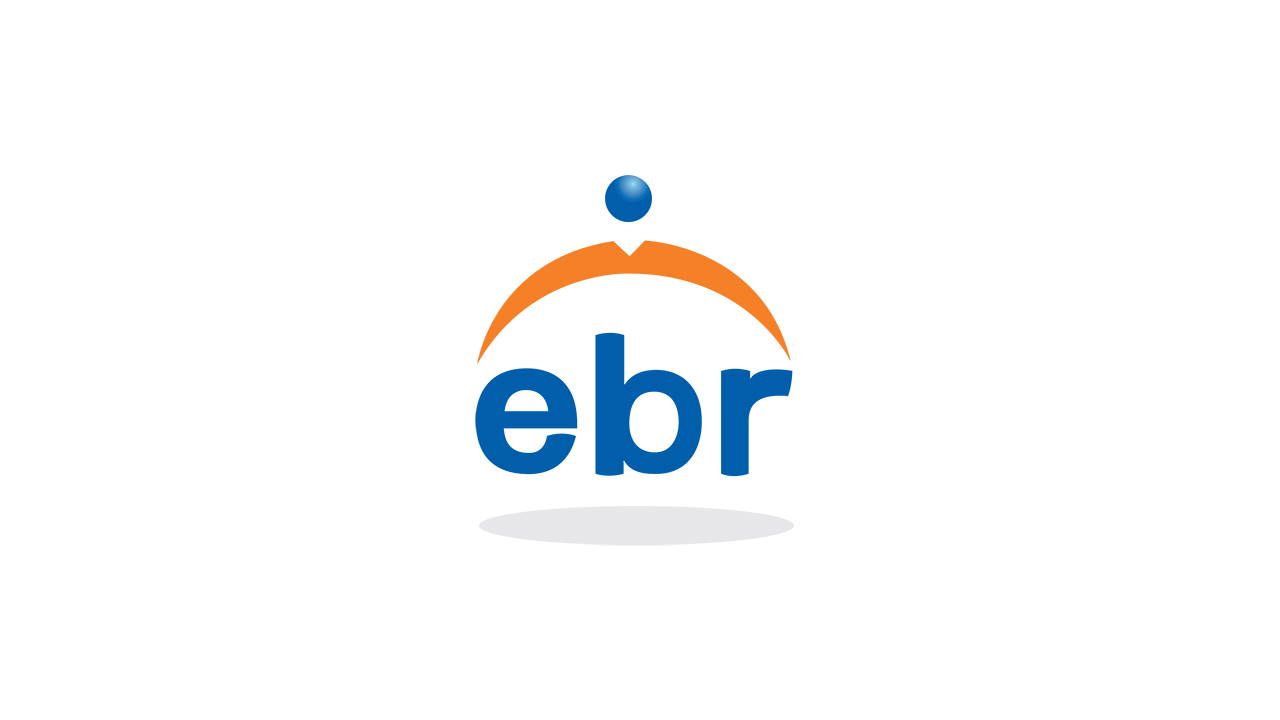Checklist For Financial Year-End
Written by Kate McCallum, Multiforte
We've outlined here 16 ways that you could enhance your tax-effectiveness this financial year.We've outlined here 16 ways that you could enhance your tax-effectiveness this financial year.
Superannuation
1. Boost your salary sacrifice
You may want to take advantage of salary sacrifice to super. This can be particularly attractive if you are age 50 or older before 30 June as you have access to an increased concessional contribution limit of $50,000 this financial year and next. If you're under age 50, then you may want to make the most of your $25,000 concessional contribution cap.
You may wish to pre-elect to pay part of all of your salary or bonus into super as a salary sacrifice contribution - on a $10,000 bonus at a marginal tax rate of 38.5%, you could save more than $2,300.
Please check that you won't exceed the contributions caps - or you could be hit with penalty tax.
2. Make personal deductible super contributions
If you earn less than 10% of your income from eligible employment (typically you'll be self-employed or not employed), and you are eligible to contribute to super, this can help you reduce tax in the current financial year.
Remember if you intend to claim a tax deduction for your personal contributions, you need to provide a tax deduction notice to the fund. This is particularly important if you are planning to commence a Transition to Retirement TTR pension.
3. Use super contributions to offset a capital gain
You may also be interested in making before-tax-super contributions if you want to offset a large capital gains tax bill, perhaps from selling an investment property, managed funds or direct shares.
4. Collect the Government super co-contribution
Check if you can make a super co-contribution - and if this is a better option than a salary sacrifice contribution to maximise your super. If you earned less than $61,920 this financial year, you could be eligible. Make an after-tax super contribution of $1,000 before 30 June, and you could receive up to $1,000 from the government in your super account.
5. Collect the spouse contribution
If you contribute more than $3,000 to your non-working or low income partner's super before 30 June you could receive a tax offset of up to $540.
6. Split your superannuation
If you are a high income earner and have a spouse with a much lower superannuation balance than yourself, you may want to consider splitting 85% of your prior year's concessional (pre-tax) contributions to them. You get a tax break and your spouse gets a larger super benefit.
Transition to Retirement pensions
7. Ensure you meet the minimum pension
Are you drawing a Transition to Retirement pension from your fund? If so, make sure you have drawn at least the minimum amount required. In the current financial year, the minimum was 2% (and the maximum 10%) of the value of your account balance at the start of the financial year. The minimum will be 3% for next financial year.
8. Opportunity to access additional retirement savings
Transition to retirement (TTR) pensions are subject to a maximum annual pension payment equal to 10% of the pension account balance. This maximum is not pro-rated, so a TTR pension established before 30 June may allow a client to access effectively up to 20% of their retirement savings over a short period
9. Commence a Transition to Retirement pension - with zero tax on super savings
When you reach preservation age - which can be as young as age 55 - you are eligible to commence a transition to retirement (TTR) pension even while you are still working. This can be a very tax-effective strategy, as it enables you to transfer your superannuation benefits into the zero-tax pension environment, and to receive tax-concessional income from your pension account.
Investments
10. Review your investments - and your risks
Investment markets have shifted in the past 12 months. So, even if you have made no changes to your super or investment portfolio, you could find that your risk exposure has increased.
End of financial year is a good time to review your investments - to assess performance, to assess risk, and to determine if you have assets that are no longer appropriate or to which you are over- or under-weight for your optimal asset allocation. Where you have capital losses in the current year - or carry-forward capital losses from prior years - you can use these to minimise net capital gains. Of course, when making changes to your investments, be wary of 'wash sales'.
Remember that if you receive managed fund distributions, you may receive realised capital gains - as well as income - as part of the overall distribution amount. You are liable to pay tax on these regardless of whether you reinvest the distribution or receive it as cash.
11. Consider timing of new investments in managed funds
If you are planning on investing new monies in managed funds, you may want to delay this until after 30 June to avoid receiving part of your money back immediately as a distribution - which is taxed as income.
12. Claim investment expenses
Expenses incurred by an investor in the course of earning assessable investment income may be tax deductible. This can include ongoing advice service fees. Claiming these expenses can not only help to reduce your tax liability for 2010/2011, it can also reduce your PAYG instalment rate for 2011/12.
13. Pre-pay investment loan interest
If you have borrowed money for an investment that will generate assessable income, you can claim a tax deduction for the interest payable on your loan. By pre-paying the interest for 2011/12 on your investment loan now, you may be able to claim a deduction for that interest in your 2010/11 tax return. However, as noted above, you need to consider the higher tax rate next financial year due to the Flood Levy.
Also remember that pre-paying locks you into your loan for 12 months with break costs if you want to change your loan arrangements.
General Tax Deductions
14. Reduce capital gains tax (CGT)
If you have sold an asset - like shares or an investment property - in the last financial year and made a capital gain you will be taxed at 50% of the gain at your marginal tax rate. You may want to consider strategies to reduce capital gains tax.
15. Pre-pay investment property expenses
You may want to consider pre-paying any expenses on your investment property for next year before 30 June. With all your expenses, you need to ensure that you can substantiate your claims. And remember if you have a depreciation schedule prepared by an accountant, you could claim this as a tax deduction. Again, remember to consider the higher tax rate next financial year due to the Flood Levy (discussed above) in making a decision to pre-pay.
16. Maximise your deductions
Make sure you claim all potential work related expenses - you can claim up to $300 of eligible work related expenses without receipts. Self education expenses can also be deducted provided your study is directly related to maintaining or improving your current skills or is likely to increase your income from current employment. Fees paid to a registered tax agent to prepare your tax returns are allowable in the tax year the fee was paid. Ongoing financial advice fees may also be deductible.



